If you’re anything like me, when news broke that they had discovered documents with classified markings at an office formerly used by President Joe Biden, you thought, “Uh oh. Well, there goes the narrative.”
While I understood the two circumstances, Trump versus Biden, were entirely different, I also knew this wouldn’t stop the right wing media and the basement caucus in Congress from jumping all over it. Still, I thought with only a bit of solace, at least this puts Trump’s illegal refusal to return such documents in stark relief.
Then there were more “you’ve gotta be kidding me” moments. A second report of more classified documents emerged, this time right out of Biden’s storage at his home.
In my head that really made it harder to form a strong case of illegal possession against Trump, without more. It also made Biden look pretty silly, as he had earlier labeled the discovery of such documents at Trump’s home and his apparent mishandling of them “totally irresponsible.”
The fact is, as we learned with Hillary Clinton and now with Biden, it’s not so easy to be perfect when it comes to such documents. Mistakes happen, even though they shouldn’t.
So when Attorney General Merrick Garland announced the appointment of a special counsel to investigate the presence of documents with classified markings at two Biden-controlled locations, my first thought was, “Oh, thank god.”
Now, this may seem counterintuitive.
And the move certainly produced howls from the left. After all, if it took Garland so little time to make the appointment here, why did it take over 550 days for him to appoint Jack Smith over the Trump cases‽
Isn’t this just another example of Garland being spineless and slow when it comes to prosecuting Republicans, but quick as a fox when it comes to Democrats?
And why on earth would he appoint someone like Robert Hur, a Federalist Society guy who clerked for former Chief Justice Rehnquist and served under Christopher Wray in the FBI‽
All fair questions.
So to understand why I actually feel relieved at the announcement, I need to lay some solid groundwork.
First, let’s take a look at the law around appointment of special counsels. Then, let’s look at the admittedly murkier questions of fairness and public perception when it comes to the Justice Department.
Finally, let’s see what this means from a practical standpoint and how the move puts Garland many steps ahead of the Republicans in Congress.
When are Special Counsels warranted under the law?
Special counsels are intended to operate independently from the Attorney General in most key respects and to shield an investigation from political pressures and the perception of bias or influence.
They make a lot of sense when the subject of an investigation is a high ranking political figure, whether of the same party as the attorney general or of the opposing party.
The regulations governing the appointment of special counsels are found at 28 C.F.R. § 600.1, which state that they should be appointed where the Attorney General:
"determines that criminal investigation of a person or matter is warranted and -"
"(a) That investigation or prosecution of that person or matter by a United States Attorney's Office … would present a conflict of interest for the Department or other extraordinary circumstances; and"
"(b) That under the circumstances, it would be in the public interest to appoint an outside Special Counsel to assume responsibility for the matter."
Plainly put, if the Department should conduct a criminal investigation, but there’s a conflict of interest and it’s in the public interest to do so, then the AG should appoint a special counsel.
Critics of the appointment of Special Counsel Hur immediately latched onto the first part of this test, noting that there is so far no known evidence of a crime by Biden, so the test fails out the gate. But this misses two important points.
First, the question is whether a criminal investigation is warranted, and here a case can certainly be made.
Documents with classified markings—perhaps of the highest level—were discovered where they shouldn’t be. Months ago, these same critics were arguing that Trump’s possession of similar documents (though of course many, many more of them) was evidence he had committed a crime.
It was like finding a lot of jewelry and electronics still with the tags on them at the defendant’s home. If that evidence warranted a criminal investigation, it’s hard to see how finding a few similar documents at Biden’s home gets a pass.
Second, this does not necessarily mean the criminal investigation is of Biden. We still don’t know how the documents got there.
A staffer may have packed them by mistake. That’s bad, but it’s not criminal, and it’s certainly nothing that can get Biden into trouble.
Biden claims he was unaware they were there at all. But the rule only requires a criminal investigation of any person or matter is warranted. And someone likely broke the letter of the law by mishandling the documents.
The other two factors are easier to understand.
Garland’s department investigating the big boss presents a clear conflict of interest. And as I’ll explain below, it is very much in the public interest to have a special counsel under these peculiar circumstances.
Garland, unlike Fox News, still strives to be fair and balanced.
It is inherently frustrating for one side to play by the rules while the other side continually flouts them, and this explains a lot of the frustration under our current system and with the ongoing investigations.
After all, under former Attorney General Bill Barr, the DoJ often felt like simply another tool to protect the president, as Barr did when he spun the Mueller report to the press and served Trump’s false narrative that he had been “exonerated.”
Garland plays by the book, however, and that is a good and necessary thing today. That also necessarily means he acts more prudently, slowly, and methodically.
Garland is fundamentally interested in restoring and preserving the reputation of the Justice Department before the eyes of the public, and that is no easy feat. It earns him derision from those who want faster results, even at the cost of politicization of the process.
To distance himself from the decision on whether or not to appoint a special counsel, Garland did the right thing. He assigned U.S. Attorney John Lausch, himself a Trump-appointee, to determine whether a special counsel was warranted.
Selecting a Trump appointee to make this assessment made good sense: Should Lausch ultimately recommend against a special counsel, which would produce cries of unfairness from the right, this at least would be coming from someone in the Department most likely to have very different politics than President Biden.
Notably, Garland assigned this matter to Lausch way back in mid-November, after the first set of documents marked classified were found in a storage closet at Biden’s former office—meaning this issue has been brewing for two months.
Lausch did not come to a decision right away, but rather let Biden lawyers continue to search on the president’s behalf. On December 20, Biden’s team informed Lausch more documents had been found at Biden’s Wilmington residence, and on January 5, Lausch recommended to Garland that a special counsel be appointed.
A week later, another document was found in Biden’s personal library.
To understand whether it was in the public interest to appoint Special Counsel Hur, it’s useful to pose the opposite outcome: What would it have looked like to the public if there were no special counsel and Garland had remained in charge of the investigation?
There was clear evidence classified documents were mishandled and found at three different places. To fail to appoint an independent party to investigate would feel to many on the right, and in the political center, like Garland was deliberately putting his finger on the scale.
It would seem like he was treating his boss differently than his boss’s main political rival. And he would have done this against the recommendation of the person most knowledgeable about the issue.
So it’s really hard to see, under these circumstances, how Garland could not have accepted Lausch’s recommendation.
What the appointment means, practically speaking.
When liberals learned Robert Hur’s conservative bona fides, they cringed. Federalist Society members are understandably under some suspicion as possible sycophants for the ex-President, as we saw with Judge Aileen Cannon in the Mar-a-Lago documents case.
But Hur is an old school conservative, who have often proven to be the worst thorns in the right’s side, as we saw with Judge Luttig of the Fourth Circuit during the January 6 Committee hearings.
As legal analyst Lisa Rubin noted, Hur assisted Rod Rosenstein and then Robert Mueller after he was appointed as Special Counsel over the Russiagate matter.
Hur thus has a lot of relevant experience working with a Republican special counsel.
\u201cBut the part of his resume I find most interesting is his stint as then-Deputy Attorney General Rod Rosenstein's principal deputy. Hur took that post in June 2017, about a month *after* Rosenstein appointed Bob Mueller as special counsel for the Russia investigation. 2/\u201d— Lisa Rubin (@Lisa Rubin) 1673559850
But this work earned him distrust from Senate Republicans on the Judiciary Committee, causing them to slow-roll his confirmation as U.S. Attorney. He was the only one, out of 58 Trump appointees named in 2017, to still not be confirmed by mid-March 2018.
Moreover, Hur’s affiliation with FBI director Christopher Wray, who was also a Trump appointee, earns him suspicion today not just from the left but from the right.
Jenna Ellis, who once served as a lawyer for Trump, even claimed Hur’s former work for Wray created an “appearance of bias”—underscoring how far the right has come to distrust even their own party members who work in that institution.
\u201cRepublicans:\n\n - There\u2019s a two-tiered justice system and weaponized DOJ so Garland will NEVER appoint a special counsel to investigate Biden!\n\n(Garland appoints special counsel)\n\nRepublicans:\u201d— Ron Filipkowski \ud83c\uddfa\ud83c\udde6 (@Ron Filipkowski \ud83c\uddfa\ud83c\udde6) 1673560764
Having two special counsels investigating both the current and former President takes the air out of the argument there should be no legal consequences for violating things like the Espionage Act.
And like it or not, we need to address the question of Biden’s alleged actions (and likely innocence) in order to make the case Trump should be prosecuted for his intentional ones.
As commentator David Frum noted:
“A special counsel can exonerate a President more credibly than his own Attorney General can. Biden surely made an innocent, harmless mistake."
"But mistake it was, and if Trump is to face consequences for a much graver offense, Biden can’t shrug off a superficially similar one.”
\u201cA special counsel can exonerate a president more credibly than his own attorney general can. Biden surely made an innocent, harmless mistake. But mistake it was, and if Trump is to face consequences for a much graver offense, Biden can\u2019t shrug off a superficially similar one.\u201d— David Frum (@David Frum) 1673573052
Finally, there is an often overlooked advantage of having a special counsel: Congress has little power to interfere with the investigation. When Garland announced Jack Smith’s appointment, he did so in light of “recent developments”—note the plural.
Those included not just the announcement by Trump he was seeking a second term in office, but also the fact the Republicans had just won control of Congress and were threatening to hold hearings over the Justice Department’s investigations.
These developments created a key conflict of interest that didn’t really exist before Trump announced his candidacy and the GOP took back the House. (It also explains why appointing a special counsel prior to these developments didn’t satisfy the regulation’s requirements in Garland’s view.)
By appointing Smith, Garland took away the GOP’s ability to interfere with the ongoing criminal matter because they have no power to haul Smith or his team in for questioning or to obtain their files.
The same goes for Hur.
It didn’t take long for Republicans to realize they had been outmaneuvered, to furrow their brows, and then to come out awkwardly against the appointment—which seems odd until you realize they really wanted to make the next few months all about Biden’s classified documents.
Speaker Kevin McCarthy grumbled:
“We don't think there needs to be a special prosecutor but I think Congress has a role to look at it.”
\u201cMcCarthy earlier today noted DOJ put a special prosecutor Trump docs and said:\n\n"We don't think there needs to be a special prosecutor but I think Congress has a role to look at it.\u201d\u201d— Olivia Beavers (@Olivia Beavers) 1673547514
And brilliant GOP strategist Georgia Representative Marjorie Taylor Greene, who had earlier blasted the lack of a special counsel over the Biden investigation, now bemoans it.
She tweeted:
"And just like that, everything we request will be 'under investigation' because of Merrick Garland’s appointed special counsel and unavailable to Republican investigators."
"Amazing."
\u201cAnd just like that, everything we request will be \u201cunder investigation\u201d because of Merrick Garland\u2019s appointed special counsel and unavailable to Republican investigators.\n\nAmazing.\u201d— Rep. Marjorie Taylor Greene\ud83c\uddfa\ud83c\uddf8 (@Rep. Marjorie Taylor Greene\ud83c\uddfa\ud83c\uddf8) 1673552038
Sorry, Kevin and Marge.
Both special counsels are outside your jurisdiction now.


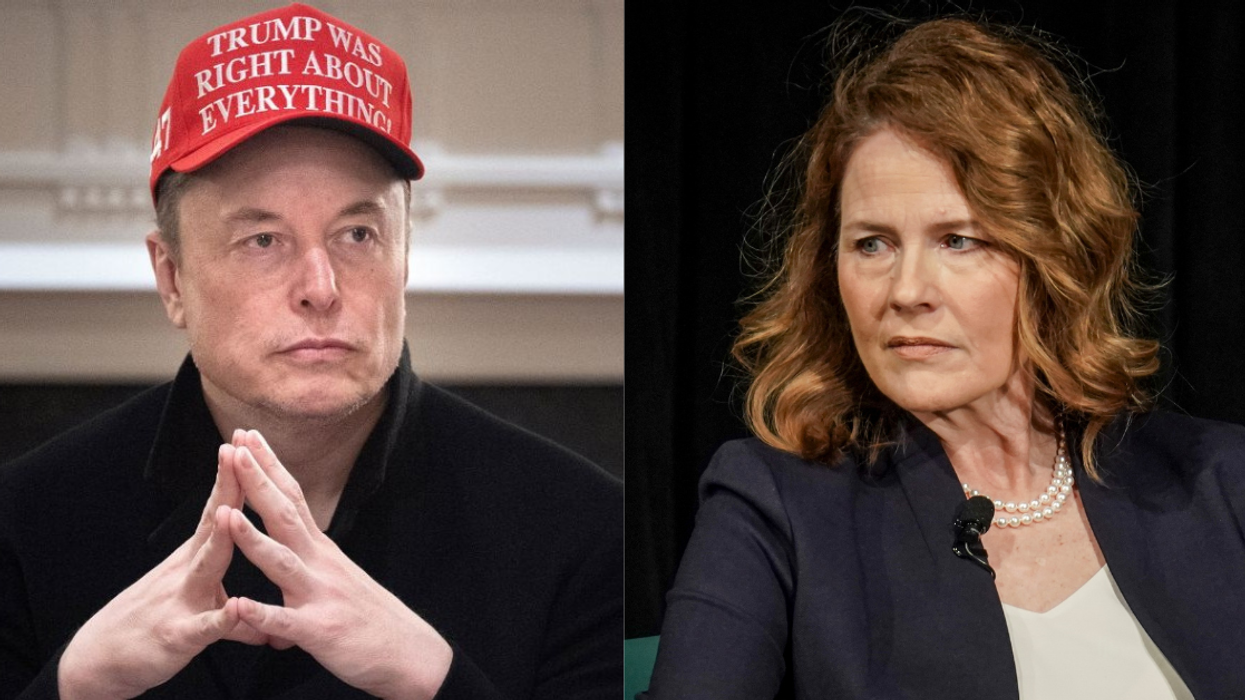

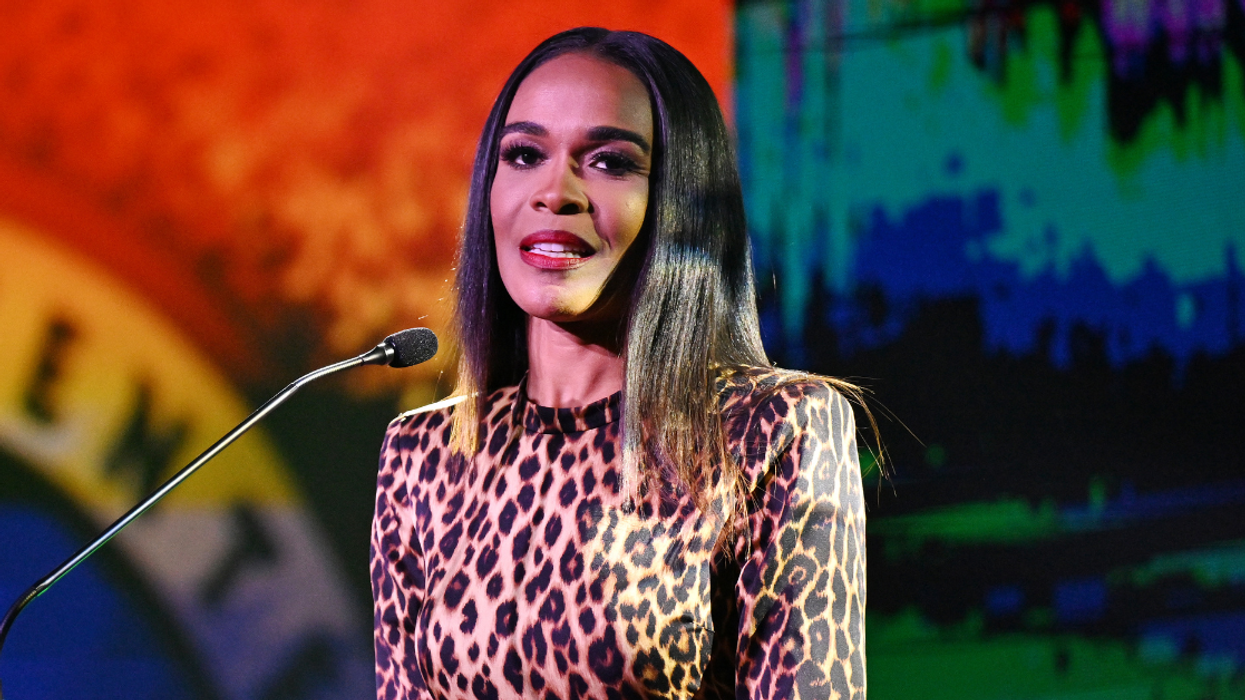

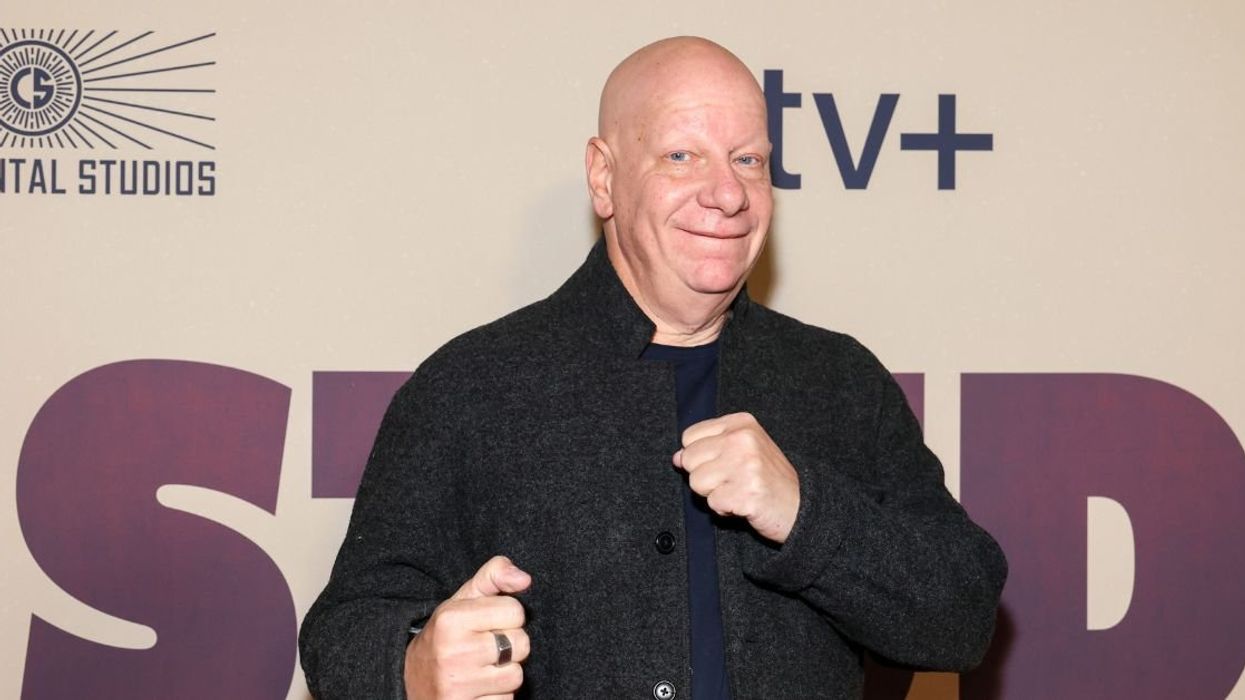
 @therealjeffreyross/Instagram
@therealjeffreyross/Instagram @therealjeffreyross/Instagram
@therealjeffreyross/Instagram @therealjeffreyross/Instagram
@therealjeffreyross/Instagram @therealjeffreyross/Instagram
@therealjeffreyross/Instagram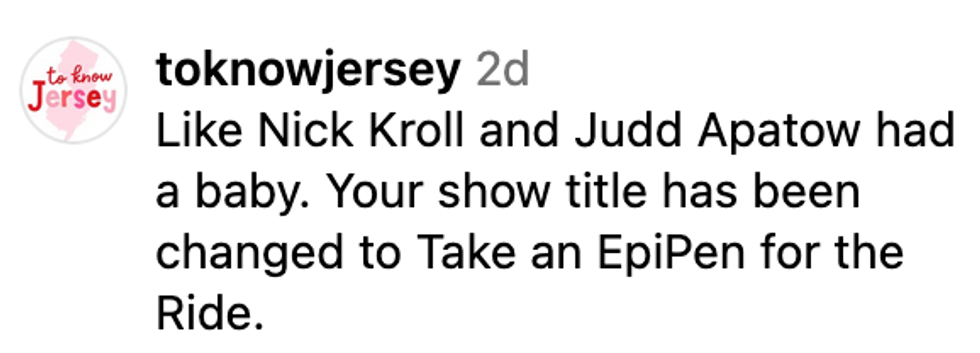 @therealjeffreyross/Instagram
@therealjeffreyross/Instagram @therealjeffreyross/Instagram
@therealjeffreyross/Instagram @therealjeffreyross/Instagram
@therealjeffreyross/Instagram @therealjeffreyross/Instagram
@therealjeffreyross/Instagram @therealjeffreyross/Instagram
@therealjeffreyross/Instagram @therealjeffreyross/Instagram
@therealjeffreyross/Instagram @therealjeffreyross/Instagram
@therealjeffreyross/Instagram




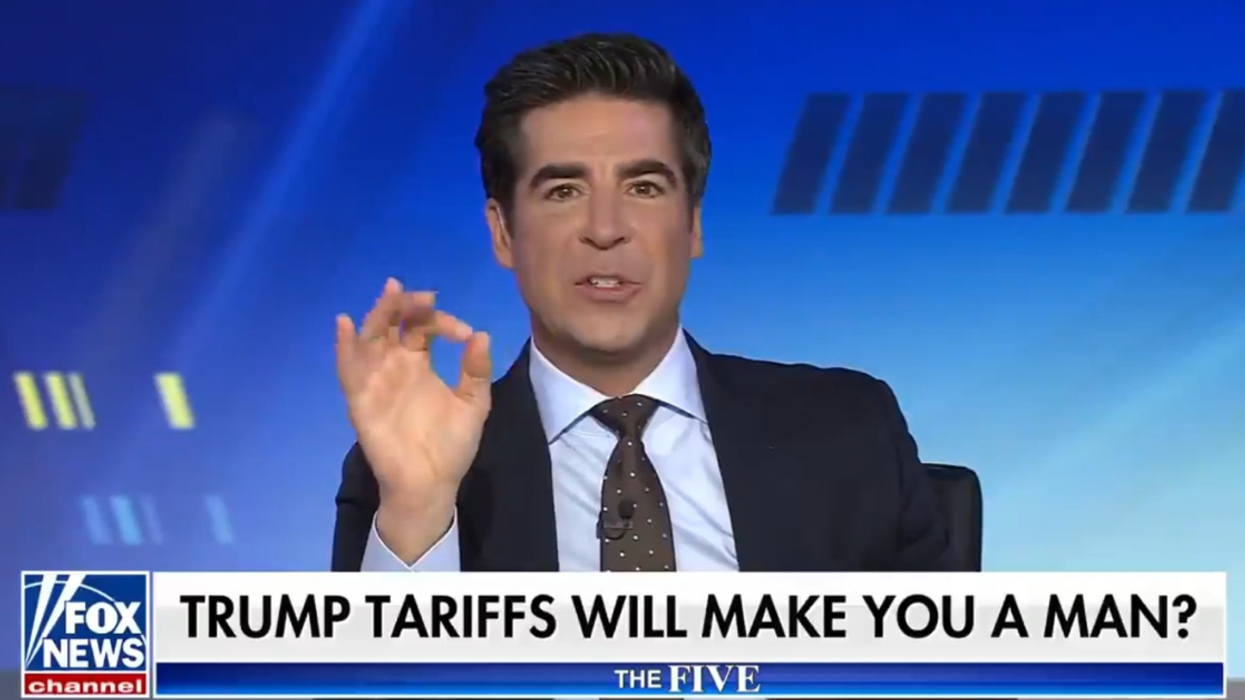



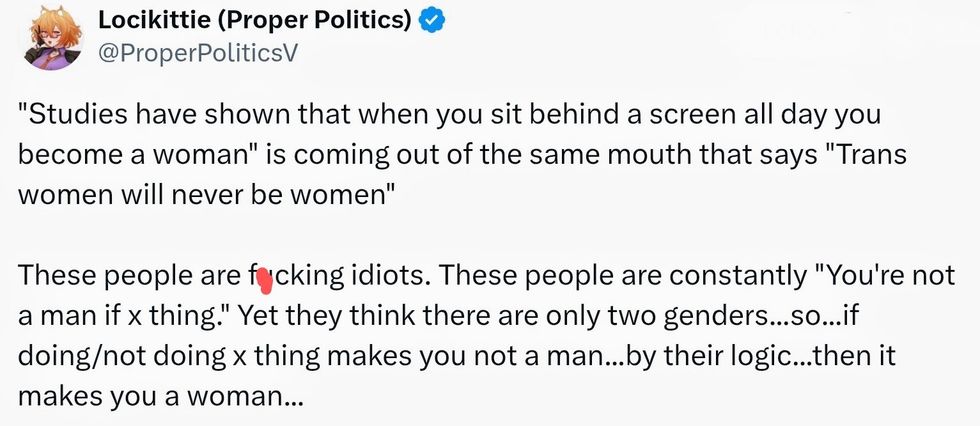
 @mikeredmond/Bluesky
@mikeredmond/Bluesky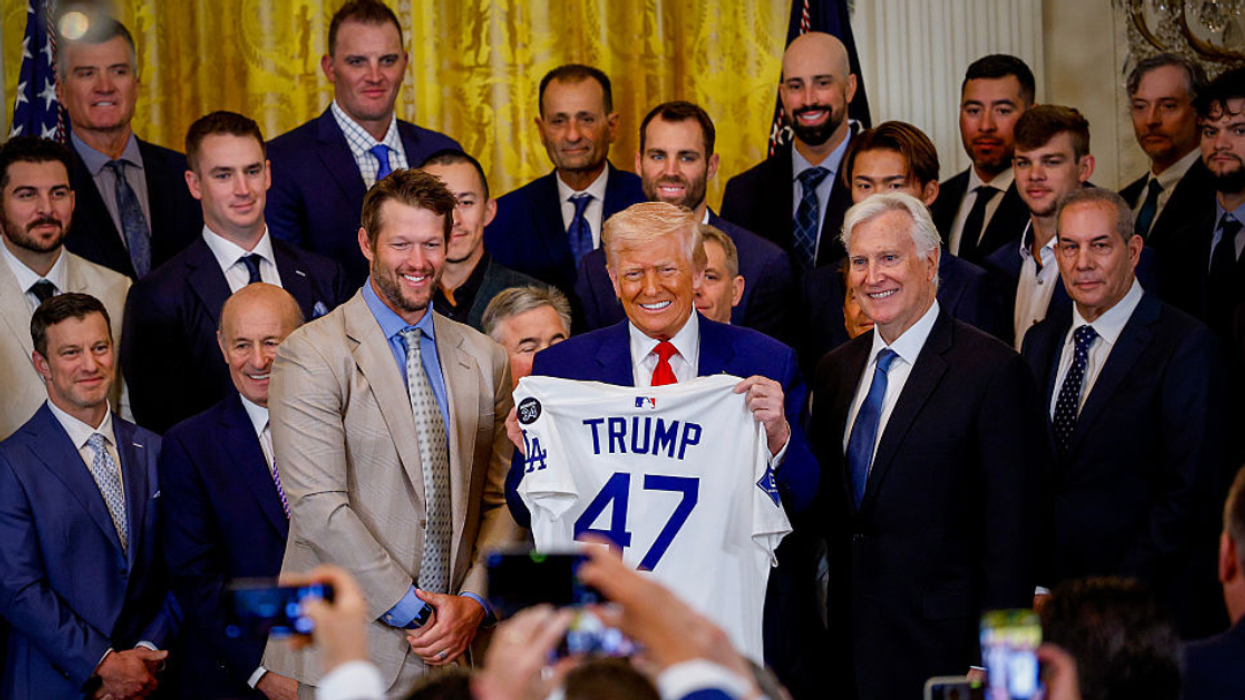

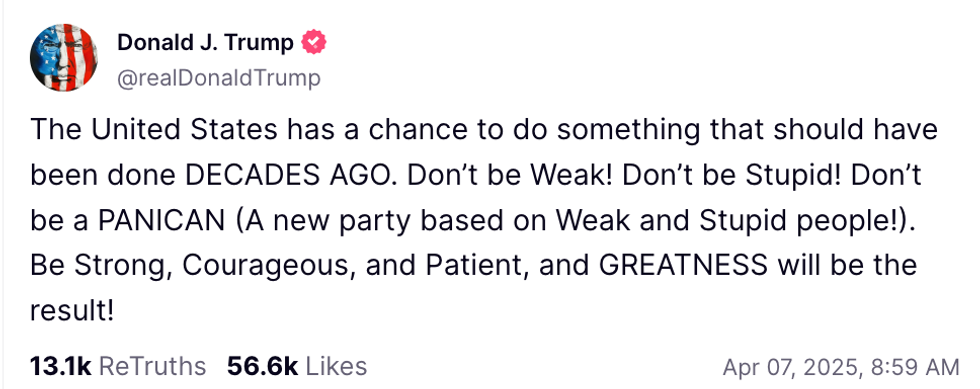 @realDonaldTrump/Truth Social
@realDonaldTrump/Truth Social